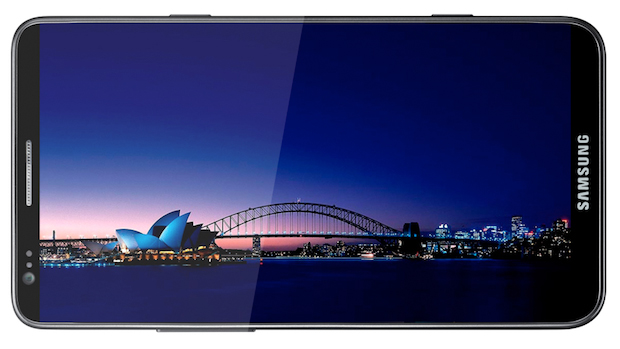
Not like we weren't totally expecting this or anything, but Canonical has chosen Computex as the expo where it will officially showcase Ubuntu Netbook Remix. Hailed as a "reworked desktop image of Ubuntu built specifically for a new category of portable internet-centric devices," the operating system will probably not be too foreign for those familiar with the standard Ubuntu Desktop Edition. We are told that this flavor will feature a launcher that enables users to "get online more quickly and have faster access to their favorite applications," and that it "leverages Moblin technologies optimized for the Intel Atom processor." Unfortunately, devices pre-loaded with UNR aren't apt to ship until "later in 2008," though OEMs interested in getting in while there is still room on the bandwagon are encouraged to hit up Canonical. Full release waiting after the jump.
Canonical makes Ubuntu Netbook Remix official at Computex
Canonical Showcases Ubuntu® Netbook Remix at Computex
Canonical Now Delivers for OEMs a Rapid Route to Market For Netbooks Powered by an Intel® Atom™ Processor
Computex, Taiwan June 3, 2008: Canonical, the commercial sponsor of Ubuntu®, today announced that it will be demonstrating a reworked desktop image of Ubuntu built specifically for a new category of portable Internet-centric devices – netbooks. These affordable, power-efficient, small screen devices, based on the ground breaking low-power micro-architecture of the Intel® Atom™ processor, and Ubuntu allow consumers to enjoy email, instant messaging, Internet surfing and on-line access to photos, videos or music with an affordable, reliable device.
Ubuntu Netbook Remix is built to provide a superb user experience leveraging Ubuntu's reputation for delivering operating systems that 'just work' in the desktop environment. The remix is based on the standard Ubuntu Desktop Edition but with a launcher that allows users to get on-line more quickly and have faster access to their favourite applications. Ubuntu Netbook Remix will enable device manufacturers to get to market rapidly with a compelling software solution on netbooks, as they have a standard user interface (UI) that is built on a widely used operating system underpinned by a globally recognised brand. Canonical is also working with ISVs to ensure that popular desktop applications are certified on Ubuntu, and will run on the Ubuntu Netbook Remix.
Canonical is already working with a number of Original Equipment Manufacturers (OEMs) to deliver the software into the market on devices later in 2008. Demonstration versions will be available at Computex.
Ubuntu Netbook Remix leverages Moblin technologies optimized for the Intel Atom processor. Intel and Canonical are working to create a next generation computing experience across a new category of affordable Internet-centric, portable devices; including Mobile Internet Devices (MIDs), netbooks, nettops and embedded devices based on Intel Atom processor technology. Canonical is a founding contributor to Moblin and will continue to work with Intel to ensure the best open source applications become available to users and OEMs through Moblin.
"Our goal is to deliver a superb user experience while making it simple and cost-effective for device manufacturers to be able to bring their devices to the consumer marketplace," explained Mark Shuttleworth, founder of Ubuntu. "Ubuntu has in a very short period transformed the perception of the Linux desktop experience. Many more people will experience Linux for the first time through these devices so working with Canonical, using our UI and leveraging software from the Moblin project is the best way to ensure the netbook experience is a success."
"At Intel, we see netbooks as an opportunity to expand basic Internet usage throughout the world through simple and affordable devices for consumers," said Doug Fisher, vice president, Software and Solutions Group for Intel. "The combination of Ubuntu Netbook Remix with Moblin technologies optimized for the Intel Atom processor will deliver a good Internet and media experience on Intel-based netbooks."
Availability: OEMs looking to ship Ubuntu Netbook Remix should contact netbooks@canonical.com.
About Canonical Ltd
Canonical Ltd, the commercial sponsor of Ubuntu, is a global organisation headquartered in Europe, committed to the development, distribution and support of open source software products and communities. World-class 24x7 commercial support for Ubuntu is available through Canonical's global support team and partners. Since its launch in October 2004, Ubuntu has become one of the most highly regarded Linux distributions with millions of users around the world.
Ubuntu will always be free to download, free to use and free to distribute to others. With these goals in mind, Ubuntu aims to be the most widely used Linux system, and is the centre of a global open source software ecosystem. For more information visit www.canonical.com or www.ubuntu.com.
Source





 11:52 AM
11:52 AM
 ciprimoloci
ciprimoloci












